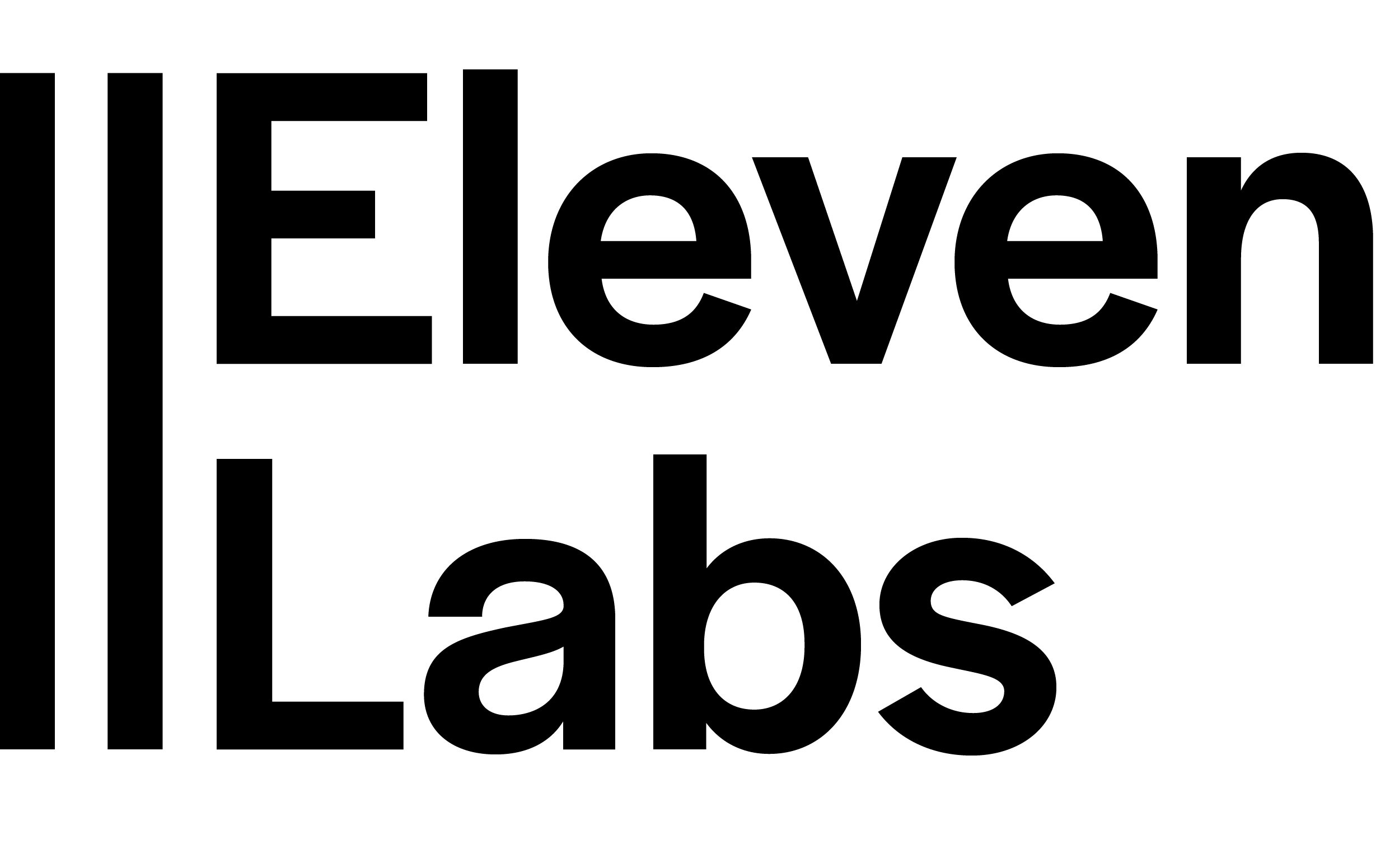The academic world is rapidly changing. With the advent of powerful AI tools, researchers and students now have access to powerful resources that can significantly enhance their work. One such tool gaining traction is the AI literature review generator, promising to revolutionize the way we conduct research. But amidst the excitement, ethical questions and considerations abound. This article explores the potential benefits and pitfalls of AI literature review generators, emphasizing the importance of ethical use and responsible integration into academic practice.
**Beyond the Hype: How AI Can Enhance Literature Reviews**
The rise of AI literature review generators like QuillBot and ChatGPT has sparked interest among academics. These tools offer numerous benefits.
#### Time-Saving Efficiency
AI literature review generators drastically reduce the time researchers spend on preliminary literature searches. Traditionally, compiling a comprehensive literature review can take weeks or even months, involving sifting through countless articles, books, and papers. AI tools, leveraging advanced natural language processing and machine learning algorithms, can quickly analyze large datasets to pull relevant information, categorize it, and summarize it. This rapid processing allows researchers to identify key articles and themes almost instantaneously. Consequently, the time saved can be redirected toward more critical tasks, such as in-depth analysis, theoretical development, and synthesizing findings into cohesive narratives. As a result, researchers can engage more creatively and thoughtfully with their material, enhancing the overall quality of their work.
#### Improved Accuracy
The integration of AI in literature reviews also enhances accuracy, often outperforming human analysts in identifying relevant patterns and themes. AI-generated summaries, produced through sophisticated algorithms, minimize the risk of human error, such as oversight in identifying significant papers or misrepresenting findings. These algorithms draw from vast datasets, ensuring a more objective representation of the literature, free from common biases that might affect an individual’s interpretation. Moreover, AI can continuously learn from new data, thereby improving its output and keeping researchers updated with the latest findings in real-time. By providing a more reliable foundation, AI helps ensure that the conclusions drawn from literature reviews are based on comprehensive and objective evidence, ultimately strengthening the integrity of academic research.
#### Access to Diverse Sources
AI literature review generators are invaluable in breaking down barriers to information access. They can seamlessly navigate an expansive array of sources, including peer-reviewed journals, books, online repositories, and even obscure or non-English language publications. This capability ensures that researchers are not limited to familiar databases or publications but can explore a diverse range of perspectives and findings from global research. Such inclusivity not only enriches the literature review but also fosters interdisciplinary research, which can lead to innovative approaches and solutions. Furthermore, by synthesizing information from varied sources, AI can highlight contrasting viewpoints and trends within fields, encouraging researchers to consider alternative perspectives and contributing to a more holistic understanding of complex topics.
#### Enhanced Understanding
AI tools provide structured summaries that distill complex literature into clear and digestible insights, allowing researchers to grasp core arguments and themes without getting lost in the minutiae. By identifying and presenting key concepts, these generators empower researchers to quickly understand the landscape of a research field, facilitating deeper engagement with the material. This clarity helps in outlining research questions and hypotheses more effectively, as researchers can see at a glance where significant gaps in the literature may exist. Additionally, with AI's ability to graphically represent data trends or thematic connections, researchers can visualize their findings, enhancing comprehension and retention of information. Overall, the analytical capabilities offered by AI tools not only accelerate the literature review process but also deepen researchers’ understanding, equipping them to produce high-quality, reflective, and analytical academic work.
**Navigating the Ethical Landscape**
While these advantages are undeniable, AI literature review generators also present significant ethical challenges.
#### Plagiarism Concerns
The rise of AI literature review generators presents a distinct challenge in the realm of academic integrity. As these technologies produce text that can appear coherent and well-structured, there’s a palpable risk that students and researchers may submit AI-generated content as their own original work. This not only undermines the authenticity of their contributions but also dilutes the value of academic research overall. The core purpose of utilizing AI tools should be viewed as augmentative; they are designed to facilitate and enhance the process of research, rather than replace the nuanced capabilities of human intellect. Therefore, it is critical for researchers to engage actively with the output generated by these tools, ensuring that they apply their own insights, critique, and synthesis to the information collated. This engagement not only helps mitigate plagiarism concerns but also supports a deeper learning experience, reinforcing the essential skills required for effective academic discourse. Institutions must also play a role in educating users about the ethical implications of AI use, fostering a culture where originality and academic honesty are prioritized.
#### Bias and Accuracy
The algorithms that power AI literature review generators are trained on vast datasets, which may contain inherent biases reflecting societal prejudices, under-coverage of specific topics, or disparities in representation across cultures, genders, and disciplines. Consequently, the outputs produced may inadvertently carry these biases, resulting in a skewed portrayal of the literature. Researchers must approach AI-generated summaries and analyses with a critical eye, actively questioning the assumptions and limitations of the data on which these algorithms are based. It is incumbent upon researchers to blend their evaluations with AI outputs, ensuring that their interpretations and critical analysis are front and center in their work. By maintaining an active role in the research process, scholars can counterbalance any biases introduced by AI tools, leading to more nuanced and accurate literature reviews that better reflect the diversity and complexity of academic discourse.
#### Over-Reliance on AI
While AI tools can significantly streamline the research process, there is a palpable danger of over-reliance on these technologies. By relying too heavily on AI literature review generators, researchers may risk forgoing essential cognitive skills that are vital to the academic process, such as critical analysis, source evaluation, and argumentative writing. The dangers of complacency loom large, as excessive dependence can hinder the development of intellectual rigor and creative thought that are foundational to effective scholarship. To counter this, it is essential that researchers strike a harmonious balance between leveraging the efficiency of AI tools and engaging deeply with their research materials. Developing a robust set of research skills should remain a priority, with AI serving as a complement—a tool to facilitate deeper inquiry rather than an alternative to personal intellectual effort. Encouraging strategies that foster critical engagement, such as conducting meetings where researchers discuss AI outputs and share their critiques, can help reinforce this balance and maintain the value of human insight in the academic process. Ultimately, the integration of AI in research must be approached with caution, ensuring that it enhances but does not overshadow the uniquely human qualities essential to academic scholarship.
**The Future of AI and Academic Research**
AI literature review generators are evolving rapidly. It's crucial to embrace these tools ethically and strategically. Universities and institutions must proactively establish clear guidelines for their responsible use, emphasizing academic integrity and the importance of human oversight. Researchers must develop a nuanced understanding of the capabilities and limitations of these tools, employing them as collaborators in the pursuit of knowledge rather than as substitutes for critical thought.
By navigating the ethical landscape and leveraging the power of AI responsibly, we can unlock the potential of AI literature review generators to accelerate discovery, enhance research quality, and shape the future of academia.

 natural ai speech synthesis
natural ai speech synthesis